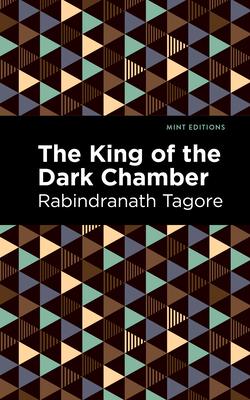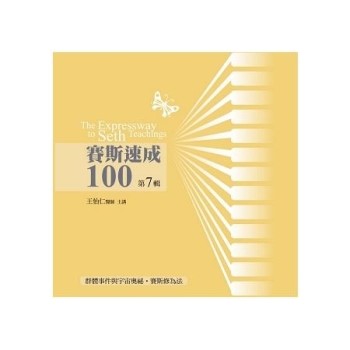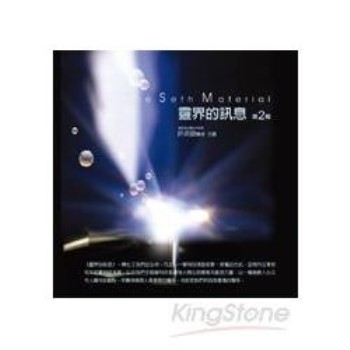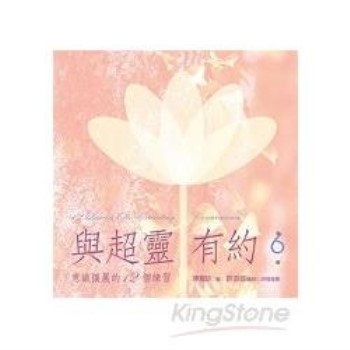The King of the Dark Chamber (1918) is a play by Rabindranath Tagore. Translated into English by Tagore after he received the 1913 Nobel Prize in Literature, The King of the Dark Chamber is a symbolic drama exploring themes of faith, power, citizenship, and love. Part meditation on human government, part reflection on humanity’s connection to god, Tagore’s play is a masterpiece of Indian literature. "My faith is, to go on obeying the King-it does not matter whether he is a real one or a pretender. What do we know of Kings that we should judge them! It is like throwing stones in the dark-you are almost sure of hitting your mark. I go on obeying and acknowledging-if it is a real King, well and good: if not, what harm is there?" What is the nature of kingship? If a nation is prosperous, and its people happy, should they question their ruler? Such questions abound in The King of the Dark Chamber, a symbolic story of a King who rules through absence alone. While he is more widely known as a poet, Tagore was also a gifted playwright who used the stage to explore timeless, universal themes. With a beautifully designed cover and professionally typeset manuscript, this edition of Rabindranath Tagore’s The King of the Dark Chamber is a classic of Indian literature reimagined for modern readers.












